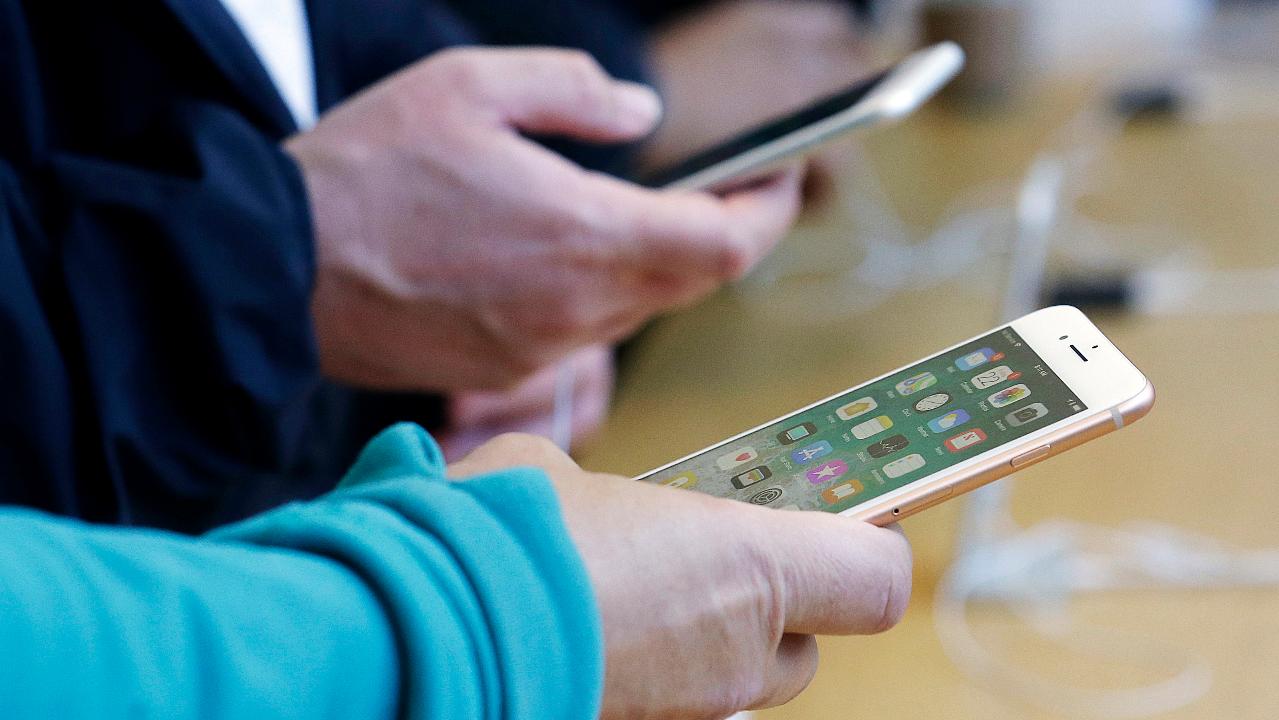Why Venmo’s etiquette guide can’t be taken seriously
A couple of months ago, I highlighted a dilemma facing millennials like myself: An etiquette crisis involving countless people under 30 who have been embarrassed, shamed and mentally abused as a result of our addiction to the ubiquitous payment system known as Venmo.
Yes, we millennials love to zap each other with Venmo requests to pay for everything from drinks to Uber rides, to dinner dates that go bad, the same way our moms couldn’t get enough of the Beatles, or in my dad’s case, Jimi Hendrix.
Venmo requests can be ignored, of course. But more often than not, people accede to the demand for money. Millennial peer pressure certainly helps the payment service work (it’s a somewhat open system where users can track each other’s payments) which means most people pay even when they shouldn’t. Take my friend Emily, who I profiled in my earlier piece, getting “Venmoed” for $23 from some guy who decided he didn’t want to see her again after taking her out on a date.
Emily, as I wrote, was stunned by the request even as she forked over the money. I found others caught in the same web of Venmo intimidation (including myself), and I discovered something else: The expectation that you’ll pay, and the ease of using Venmo has caused a crisis among millennials (born between 1981 and 1996) and Gen-Zers (born in 1997 and later), making us less dependent on human interactions when it comes to important issues like those about money and building long-term relationships.
We passively, and yes, aggressively, Venmo each other when we’re not into our dates, or are too timid to ask people to chip in for pizza and wine. Why have an honest conversation about a bar tab when you can just Venmo someone for the money?
Apparently, my piece touched a nerve. The mighty Wall Street Journal weighed in a few weeks later and others chimed in as well to discuss the cultural damage of Venmo addiction. The people at Venmo were mostly mum, telling me and others reporting on the crisis that the system is designed to make life easier and side-stepped the negatives I pointed out.
That is until recently, (June 25, to be exact) when the company issued an “etiquette guide” for users derived from a survey of those same people. Venmo noted (in an apparent hat tip to Emily) it does not “recommend sending a post-date request" for money, pointing out that an internal survey showed 51 percent of Venmo users who responded would feel “surprised/shocked” if they were billed after a date, while 39 percent would merely feel “insulted,” and 32 percent would feel (not mad but) “disappointed.”
Wow, what a revelation. I’m surprised the guide didn’t point out that 100 percent of the women I know would not go on a second date with the person who charged them for a martini.
Here’s another gem from the guide: “24 percent of Venmo users believe that a money request can be between $1 and $5.” This, of course, raises the question, what do the other 76 percent of respondents think about this? The guide doesn’t say.
One story I highlighted was Andrew’s saga: He’d crashed on a friend’s couch one night and a month later received a $500 bill from his “friend,” which he paid, though the two don’t talk anymore. Venmo now wants people to know that its users, like Andrew’s former friend, should “discuss all requests … AHEAD of the payment requests.” (Emphasis theirs)
Too bad Andrew’s host didn’t read the guide.
Another anecdote I shared in my article was about Becca, who asked to see the monthly electric bill after she believed she was getting gouged by her roommate on Venmo. The company appeared to address this conflict as well by stating that its survey found that “50% of Venmo users who received a request that’s $20 dollars over their estimated amount … would ask for a copy of the original bill or receipt.”
OK, I’m glad we got that one covered!
CLICK HERE TO GET THE FOX BUSINESS APP
In a telephone interview, etiquette expert Myka Meier, who worked with Venmo on the guide, insists that Venmo isn’t destroying relationships or preventing honest discussions about money. Rather, she said just the opposite is happening: Venmo has “taken the awkwardness out of talking about money … it’s taken away the stigma of having conversations about money,” she said.
Well, my informal survey among friends shows just the opposite.
A couple of other things. It's unclear why it took the payment company so long (Venmo has been around for about a decade) to come up with some rudimentary guidelines on how not to be a philistine, though I suppose it’s better late than never.
It’s also somewhat refreshing that at least one technology company is willing to own up to the fact that its platform is enabling and even encouraging certain kinds of deviant behaviors.
In the end, however, Venmo and its etiquette guide elide the problem that the service has created: That people have lost the ability to have difficult conversations about money because Venmo helps them avoid confrontation.
Maybe that’s because this handy manual has been compiled through a survey of the “Venmo community.” Should we really be relying on the collective wisdom of 25-year-olds to teach us proper behavior?




















